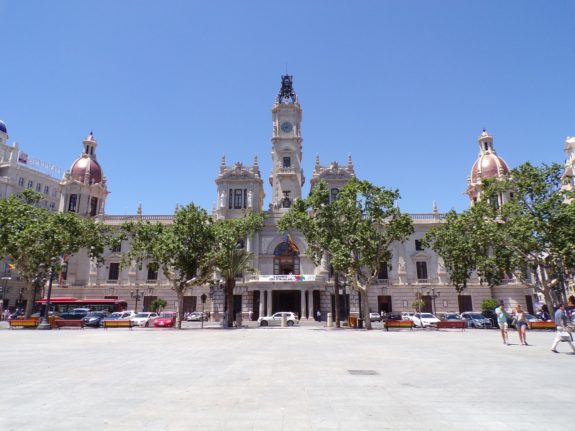You may need to carry, deposit or travel with large amounts of cash due to your work, your own business or other personal matters, but there are in fact laws in Spain which prohibit you from doing this over certain amounts, without declaring it first.
Carry on you
The law on the prevention of money laundering and terrorist financing sets the maximum amount of cash that you are allowed to carry with you at €100,000.
If for some reason you do need to carry this amount, you can do so, but the Treasury must be notified using the S1 form. This is a document that notifies the Tax Agency of the declaration of the movement of money.
You can find the S1 form here.
There are also limits as to the amount you can pay for something in cash in Spain. Last summer, this amount was changed from €2,500 to only €1,000. This means all amounts above €1,000 have to be paid by card.
READ ALSO – EXPLAINED: What are Spain’s new rules and limits on cash payments?
Travel with
If you are travelling abroad from Spain, the limit of money you can take out of Spain with you drops to €10,000. Likewise, the amount of money you can bring into Spain from overseas in cash is also €10,000.
If what you have equals or exceeds this amount, the money must also be declared by presenting the S1 from. If you are travelling within Spain, the amount is set at the €100,000 limit of the amount of cash you can carry on you.
Deposit
The maximum amount you can deposit in a bank without having to declare it in Spain is also set at €10,000.
Remember, however, that if your deposit exceeds €3,000 the bank does have an obligation to notify the authorities of your operation.
Store at home
Having money stored at home under the mattress or in a safe for example is legal, as long as it has been obtained legitimately and is declared to the Tax Agency. It may however lose purchasing power due to inflation.
There are in fact no regulations that prohibit storing your money at home, regardless of the amount, as long as you can prove, when necessary, how you obtained it.
Fines for not declaring the movement of money
Failure to follow the procedures specified above can be very costly.
In order not to receive penalties, you should carry the S1 form with the cash, or other means of payment that can be considered by the authorities as cash.
If the authorities stop you and verify that the money has not been declared, all of it will be confiscated from you. In addition to this, there may also be possible fines which range between €600 and double the amount you had on you.



 Please whitelist us to continue reading.
Please whitelist us to continue reading.
Member comments